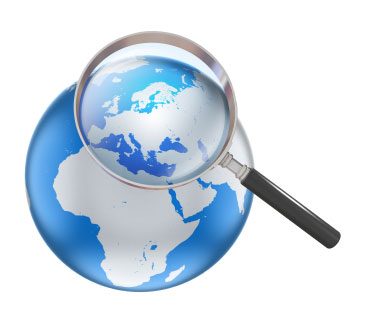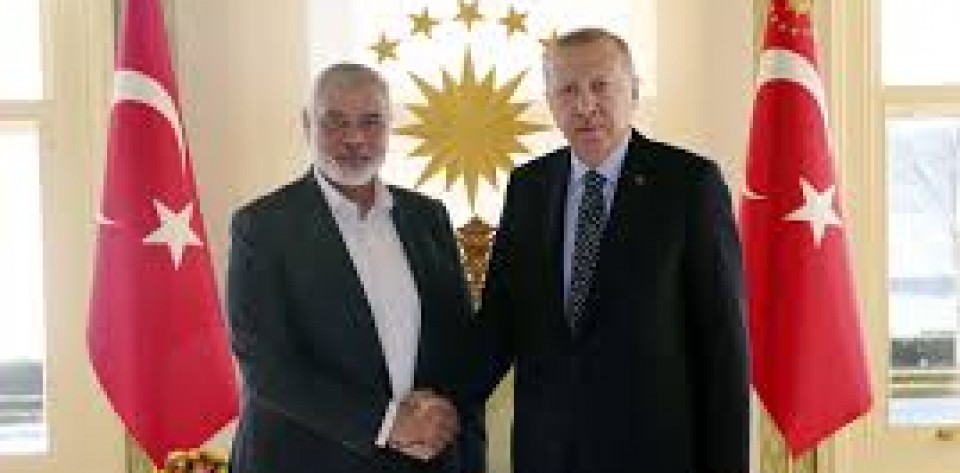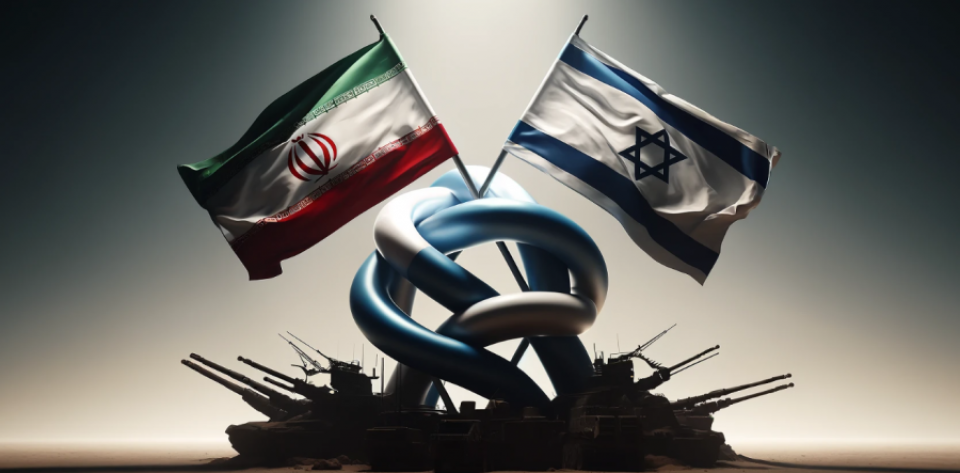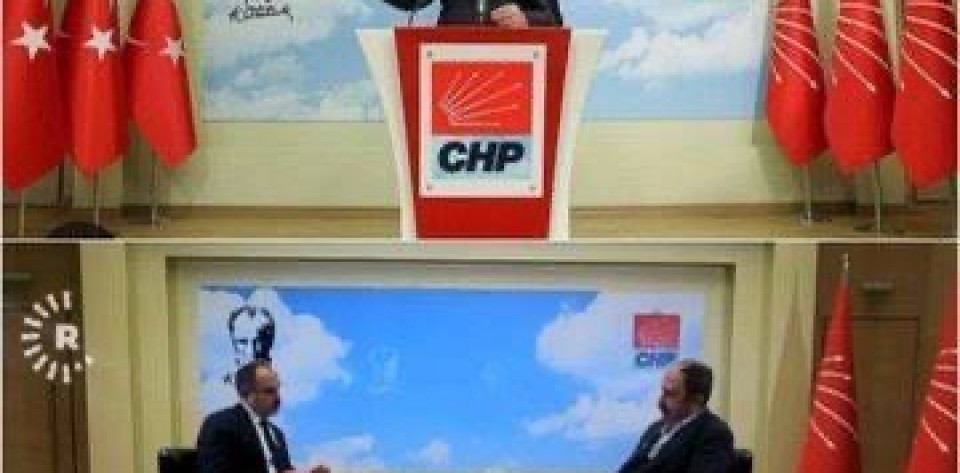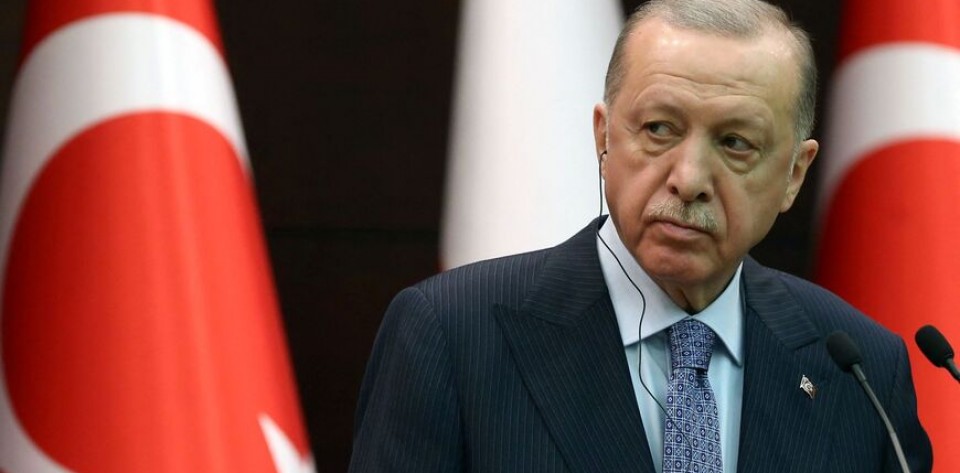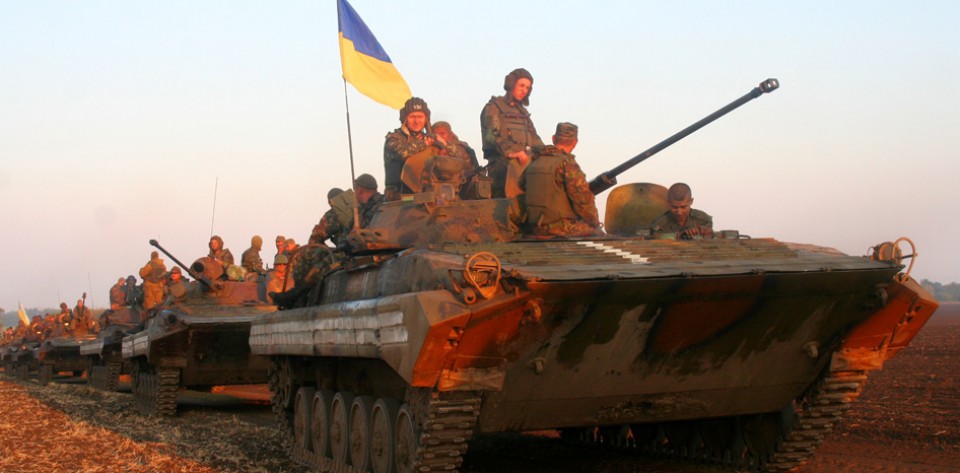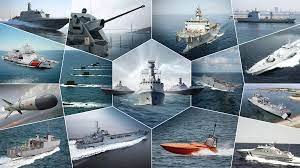
Forming the Republic of Turkey in 1923, Ataturk said during 1931 election “Peace at Home, Peace in the World”. It holds a paramount in the first years of Turkey. In this respect, it is necessary to evaluate the principle of "Peace at Home, Peace in the World" together with domestic and foreign policy.
YOUTUBE
The principle of “Peace at Home, Peace in the World”, which is a technical expression in its broadest and most common sense, also expresses the protection and continuity of international peace. The aim and meaning of Turkish foreign policy is to try and help the establishment of the legal order both at home and abroad. The principle of "Peace at Home, Peace in the World" not only brought peace and tranquility to Turkey, but also enabled security in the country.
Following the collapse of Ottoman empire, Turkey needed time to ensure the security and the environment to set up industrial development program. Therefore, Turkey needed a national politic to be in place. National politics is the politics adopted and implemented by the nation, it is the politics that conforms to and serves the national goals. “Peace at Home, Peace in the World” is a reaction to the universalist and cosmopolitan policy of the Ottoman Empire. At the opening of the Turkish Grand National Assembly, Atatürk gave speech about the principles of the foreign policy to be followed by the National Government, and clearly stated that no invasive purpose other than national borders was pursued and that an imperialist target could not be pursued. This assurance should have been given to international arena since Turkey should set new industries, new norms and new set of rules from the ashes of the Ottoman Empire fall.
Like today’s Central Asia nations, Turkey followed a neutral foreign policy and did not side with any global or western powers. However, things started to change with the end of World War II. Soviets wanted to use the Bosporus Strait to reach the hot sea and wanted to see Turkey as a communist country. Since Turkey was a new established country, its army and its capability compared with Soviet army was limited. Therefore, Turkey sought looking for allies and found United States. It was a common interest for Turkey and United States.
Turkey found a strong global power to balance the strength against the Soviet regime as well as United States found a regional power to stop Soviets being effective in Middle East. By forming the NATO and membership of Turkey to United Nations brought to relations to strategic partner levels. Turkey could access the high military technology that needed to defend itself. Moreover, Turkey started to access the industrial high technology to develop the country. However things started to change with Cuba crisis.
At the end of the 1962 Cuba crisis, US and Soviets agreed to withdraws nuclear bombs from Cuba and Turkey. This withdrawals agreement has been made without informing Turkey. That was an alarming for national security purposes. For the first time, Turkey started thinking that US might abandon Turkey if its national interest have higher return elsewhere. 12 years later, in 1972 the Turkish Peace Operation in Cyprus changed the national security understanding of Turkey. US and western countries have put embargo to Turkey on accessing the military technology as well as critical industrial technology. Turkey had come to conclusion that Turkey should develop its military technology independently.
Following the Cyprus peace Operation, Defense Industries Research and Development Institute (SAGE) was established as a reaction to embargo. It is specialized in the field of defense industry and its function is to perform and research and development activities for defense systems in order to reduce if possible end foreign purchase of military technology. Turkey had worked with international partners to develop low-technology military equipment at the beginning such as rifles, pistols, some spare parts licensed by foreign partners. This has given SAGE to learn and develop its own skills.
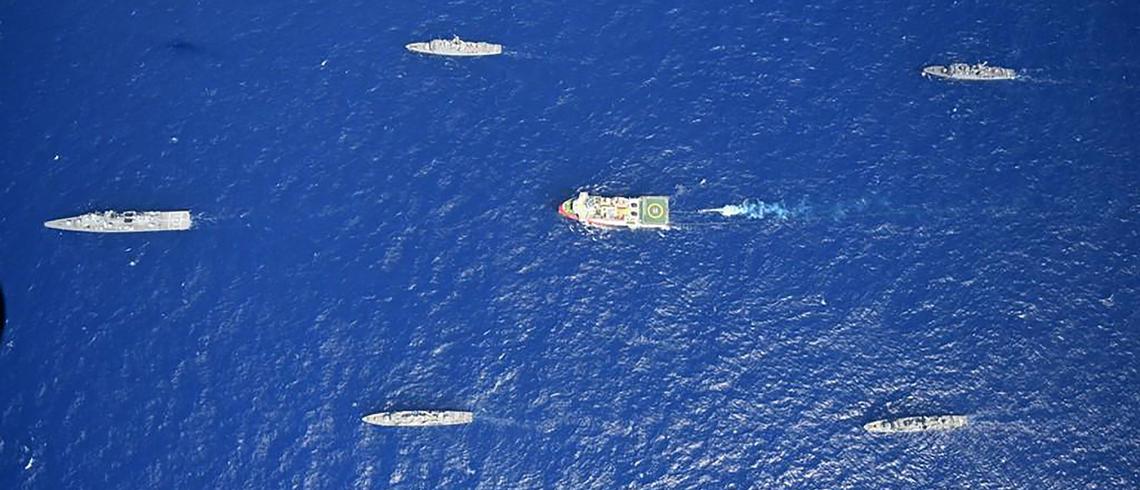
Today, Turkey has been expelled from the F-35 Savaş ucağı program due to procurement of Russian S-400 air defense system. US Senate passed a bill blocking all transfer of F35 to Turkey. However, Turkey is not without any option despite the deterring economy. Turkey has started to develop TFX which is national Savaş ucağı program with its own national resources. There are Moreover, Turkey has been successfully manufacturing drones which are proven in Libya, Syria and Azerbaijan – Armenia war in 2020, submarines and some light armored vehicles. Programs such as national surface to air missile system is under development (short and mid-range systems are in place, long range air defense system is under development), tank engine manufacturing systems are under development. Turkey might have not the manpower resource ready as of now but certainly have the technology data to access such technology by time. The only big risk is the deterring economy since all these projects require huge amounts to spare.
So what does it mean for Turkey?
There are certain points we have to remember. Geopolitics defines the imperative and constraints of a nation. Geopolitics defines the Strategy and Strategy defines the Force. By establishing military industry and aiming to reduce the foreign military equipment, Turkey signals its foreign policy change from “Peace at Home, Peace in the World”. Simply put, Turkey evolves to more independent foreign policy since geopolitics compels Turkey to reconsider its strategy.
Turkey is located in the junction of Middle East, Africa, Europe and Asia. If you ask a person from Asia, you might hear Turkey is European. If you ask it to a European, you will hear Turkey is Asia or Middle East and if you ask a person in Middle East, you will hear Turkey is not Middle East. Actually Turkey has the characteristic of all but not only one due to geography. Turkey is surrounded by Mediterranean sea and Black sea on northern and southern parts respectively. It is surrounded by Bulgaria and Greece in west Iraq and Syria in its south and Armenia, Georgia and Iran on east flanks. Maritime border length is bigger than land borders. Thus, make maritime security paramount to Turkey’s national security understanding.
Unlike US, Turkey is not immune to land attacks. On paper, Russia might only impose such risks since other neighboring countries cannot match with Turkish military capacity. However, Russia is also aware that Russia cannot control the Bosporus at the end of any war scenario and even if it gains some lands in eastern part of Turkey, its losses might weigh costly at the end of the any war scenario. Therefore, Turkey is aware that Turkish economy is its weakest link. Therefore maritime security starts weighing heavily in last decade. Turkey heavily trusts maritime commerce and it is vital to its economy. In order to secure its maritime control, Turkey is aware that it has to secure the commercial routes and to ensure that Turkey has to develop maritime and air force military technology including surface to air defense capacity. In order to develop independent foreign policy with strong army, Turkey is aware that energy costs should be reduced. Thus, increased its energy exploration activities in Mediterranean Sea and Black Sea activities. Ensuring the sustainability of Libyan Government was critical to Turkey since its agreement with official recognized government allowed Turkey to sign a maritime deal which ensures its maritime in western Mediterranean Sea.
Once all these historical developments are remembered, Turkey’s actions make sense. Some might consider that Turkey shall not act all targets at once since economy and global developments are not in its favor. However, that is the reality of geography. Turkey (or any Turkish state lived in Mesopotamia) is dictated by Geopolitics with its Strategy. US is leaving the Middle East, left Afghanistan while Russia and Iran try to fill the shoe in the region create various risks to Turkey. In order to counter these risks, Turkey should develop military and economy capabilities at the same time. Otherwise, Turkey will lose its advantages.
However, it can be said that Turkey should make better choices between Strategic policies and Non-Strategic policies. Turkey’s military existence in Afghanistan in a non-strategic policy. Afghanistan fall will not impose a direct security concern to Turkey in short-term. Turkey has been hosting around 6 million of Syrian in Turkey while couple of millions from Iraq and 300 000 Afghans so far. The number of Afghans will only increase by end of 2021. Accepting all these refugees without any sort of domestic policy is a non-strategic policy although Turkey could create agriculture works for Afghans, technical and industrial works for Syrians. However lack of strong economy creates obstacles to create such opportunities which would help Turks to accept those refugees without letting nativism to grow strong. And for this to happen, Turkey has to introduce structural reforms to its system which Erdogan sees it as unnecessary.
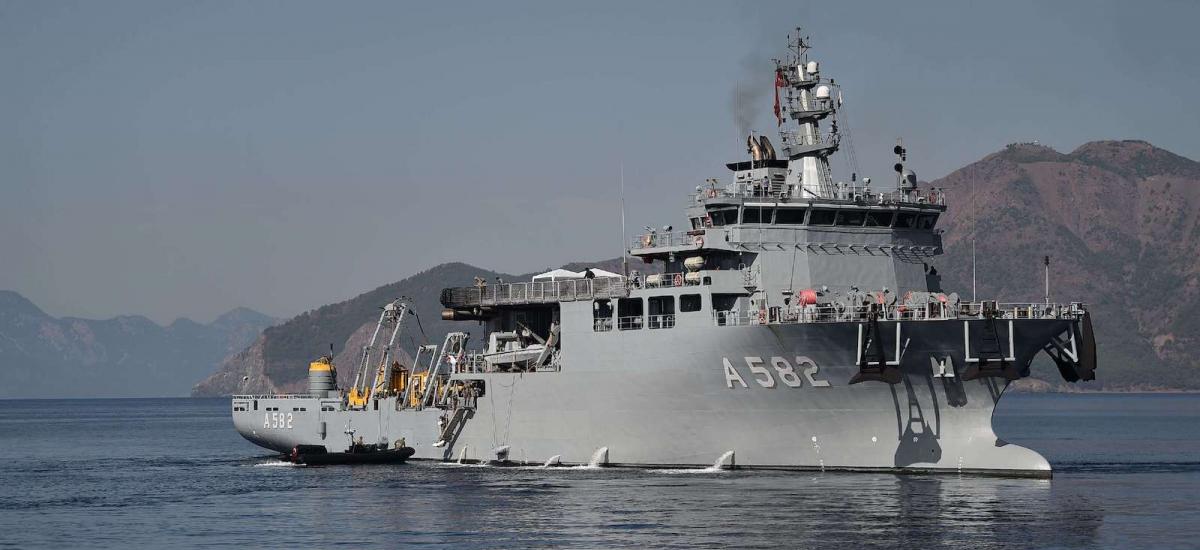
Turkey should redefine its strategy in short-term. Turkey believes that its strategy might be achieved by strong army but forgets that army needs national military technology which needs huge funds for Research & Development program.
Deciding you make a mistake as a president is hard. But Turkey has to make revision of Grand Strategy from Non-Strategic policies to Strategic policies. If Turkey wants to follow an independent foreign policy, it has to create a strong economy. While Turkey is accepting huge number of refuges without any supporting domestic policies to integrate them into social life, it will only weaken its economy to support national military technology programs as it has been under stress due to lack of funds (F-16’s flight duration will be extended by changing 1200 parts till 2040).
Turkey should either abandon or revise such non-strategic policies which attract the political elites since it is easy to follow such policies as political gains are east to reach. However, choice will be on the table shortly; either national imperatives or non-strategic policies.




